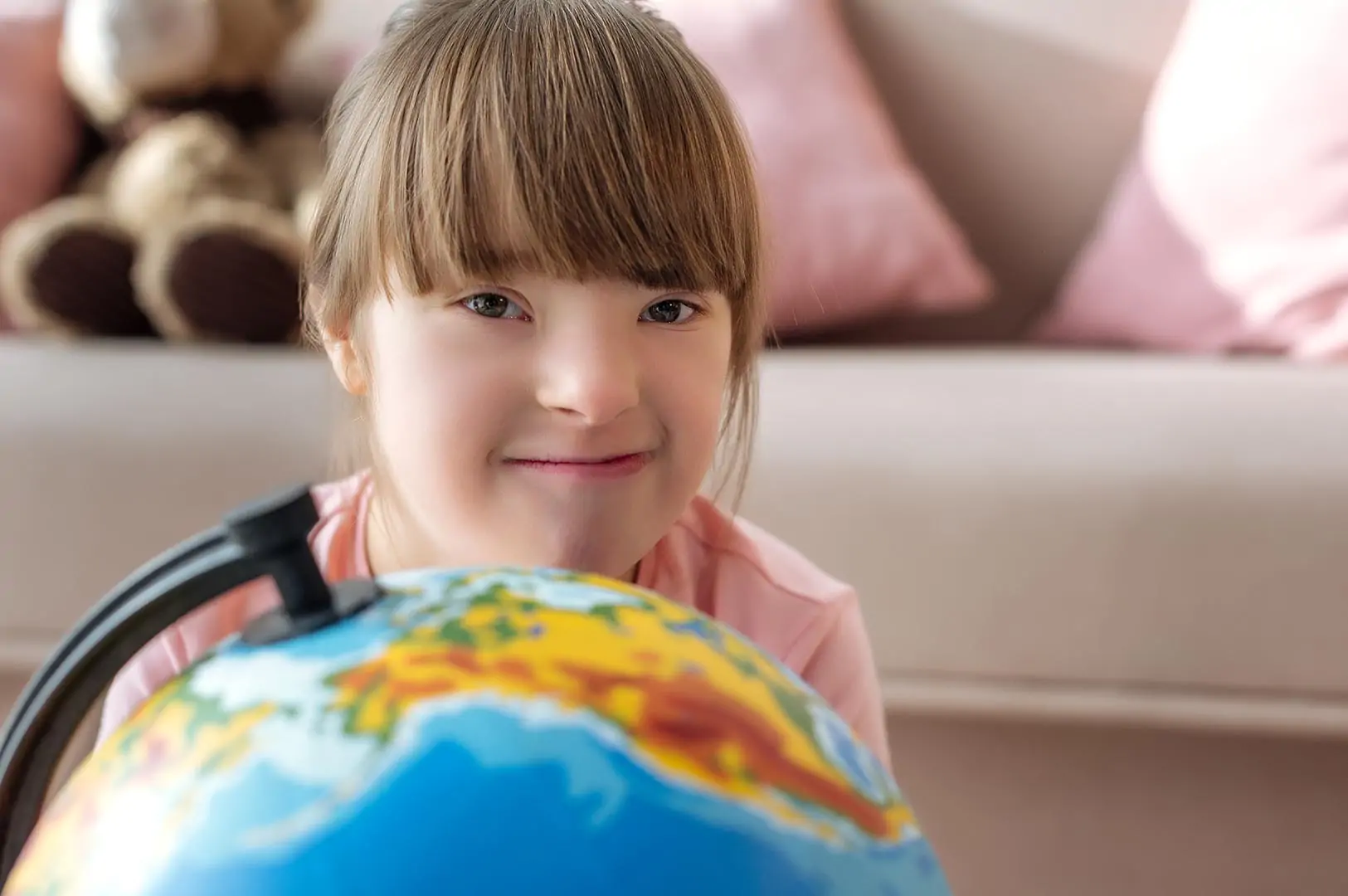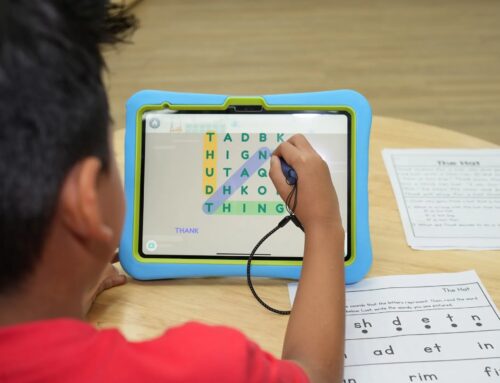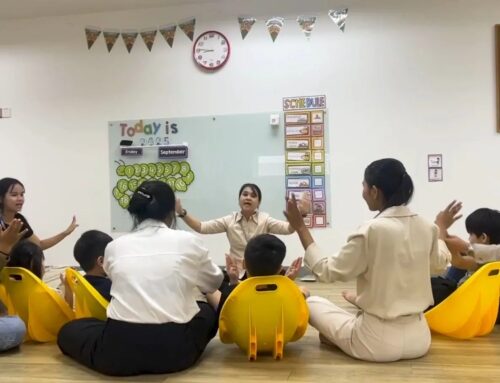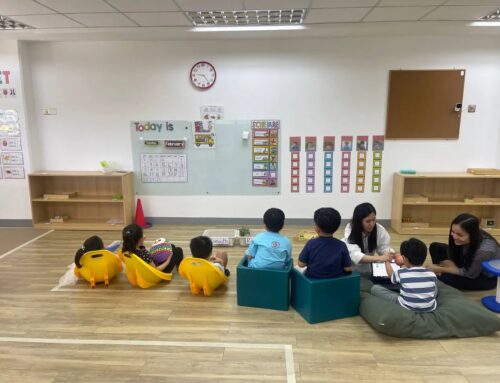Children with Down syndrome face unique developmental challenges, but with early and consistent support, they can build strong foundations for independence and success. At OrbRom Center in Phnom Penh, our occupational therapists use evidence-based strategies to help children develop motor skills, improve daily functioning, and enhance social participation. Occupational therapy plays a vital role in helping children with Down syndrome reach their full potential—both at home and in school environments.
Understanding Down Syndrome and Its Impact
Down syndrome is a genetic condition caused by an extra chromosome 21. It often affects muscle tone, coordination, and cognitive development. Children with Down syndrome may experience delays in fine and gross motor skills, self-care, and sensory processing. These challenges can make daily activities—like dressing, feeding, or writing—more difficult.
Occupational therapy (OT) focuses on building the skills necessary for independence. Through structured, play-based interventions, therapists address physical, sensory, and cognitive needs in a way that feels fun and engaging for each child.
Learn more about the role of occupational therapy in child development and how it supports children in achieving milestones across different stages.
1. Developing Fine and Gross Motor Skills
Children with Down syndrome often have low muscle tone (hypotonia) and joint flexibility that affect their ability to perform coordinated movements. Occupational therapy helps strengthen these areas through targeted exercises and activities.
Examples of OT strategies include:
-
Gross motor development: Balance activities, obstacle courses, and climbing games to build strength and coordination
-
Fine motor development: Grasping objects, threading beads, using tweezers, and practicing hand-eye coordination through art or play
Therapists also teach adaptive ways to hold pencils, cut with scissors, and use tools, helping children participate fully in classroom tasks. To learn how therapy improves these skills, see How Occupational Therapy Helps Children Develop Fine Motor Skills.
2. Encouraging Self-Care and Daily Living Skills
Self-care is one of the most important areas of independence for children with Down syndrome. Occupational therapy focuses on practical life skills such as dressing, feeding, brushing teeth, and managing routines.
By breaking tasks into smaller, manageable steps and using visual aids, therapists help children master new skills gradually. Parents are also coached on how to support these routines at home for consistency and confidence building.
At OrbRom Center, our therapists use real-life simulations and structured environments to make daily routines more engaging and successful. Explore our Occupational Therapy Services to see how we help children achieve meaningful independence.
3. Supporting Sensory Integration and Attention
Children with Down syndrome may experience sensory sensitivities that affect their ability to focus and engage. They might seek certain sensations—like movement or pressure—or avoid others such as loud sounds or bright lights.
Through sensory integration therapy, occupational therapists help children process sensory input in a balanced way. Techniques include:
-
Using sensory toys for tactile input
-
Incorporating movement breaks during tasks
-
Building structured sensory diets to improve attention and calmness
These approaches not only enhance participation in therapy sessions but also improve attention and regulation during learning activities at school.
4. Enhancing Communication and Social Participation
Occupational therapy works closely with speech therapy to support communication, especially for children with Down syndrome who may have delayed speech or expressive language difficulties. Therapists design activities that encourage joint attention, imitation, and social play.
Social skill-building is integrated into group sessions, where children practice turn-taking, sharing, and teamwork. These experiences foster confidence and prepare them for success in school and community settings.
Parents can also learn how to support social development at home through everyday play and family routines.
5. Empowering Parents Through Collaboration
Therapy progress grows stronger when parents and therapists work together. At OrbRom Center, parents are involved in every stage—from setting goals to practicing techniques at home. This ensures consistency and reinforces what children learn during sessions.
For families seeking a deeper understanding of home-based strategies, our guide Building Stronger Bonds Through Occupational Therapy Activities at Home offers easy ideas to continue development between sessions.
Occupational therapy for children with Down syndrome focuses on empowering every child to reach their fullest potential—physically, emotionally, and socially. By developing motor skills, promoting independence, and supporting sensory regulation, therapy opens pathways for confidence and success.
At OrbRom Center in Phnom Penh, our dedicated team partners with families to provide individualized programs tailored to each child’s strengths and needs. Together, we help children build the foundations for lifelong learning, independence, and joy.






